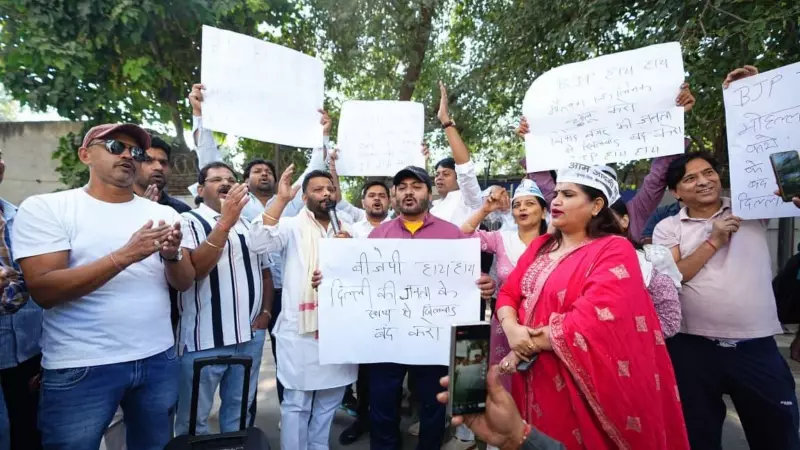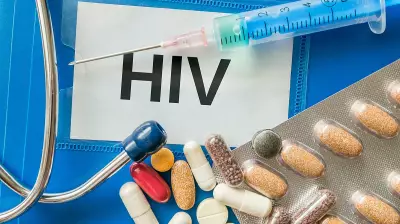
In a dramatic turn of events, senior leaders of the Aam Aadmi Party took to the streets of Delhi on Tuesday, staging a vociferous protest against the Lieutenant Governor's administration. The demonstration was triggered by the sudden closure of several Mohalla Clinics across the national capital, leaving thousands of residents without access to affordable healthcare.
Healthcare Crisis in the Capital
The protest, led by Delhi Health Minister Saurabh Bharadwaj and Rajya Sabha MP Sanjay Singh, saw hundreds of AAP workers and supporters gathering outside the LG's office. They accused the administration of deliberately targeting the flagship healthcare initiative that has been providing free medical services to Delhi's underprivileged communities.
'This is nothing short of a conspiracy against the poor,' declared Bharadwaj during the protest. 'The LG administration is systematically dismantling a healthcare model that has received international recognition for its effectiveness in delivering primary care to doorsteps.'
What Are Mohalla Clinics?
Mohalla Clinics, a cornerstone of the Delhi government's public health strategy, have been operational since 2015. These neighborhood clinics provide:
- Free primary healthcare services
- Essential diagnostic tests
- Free medicines to patients
- Preventive healthcare measures
- Maternal and child care services
Political Battle Over Public Health
The closure of these clinics has sparked a fresh political confrontation between the elected Delhi government and the central administration. AAP leaders allege that the move is politically motivated and aimed at undermining their governance model ahead of crucial elections.
Sanjay Singh, addressing the gathering, emphasized that 'the people of Delhi will not tolerate this attack on their fundamental right to healthcare.' He warned that the protest would intensify if the clinics weren't immediately reopened.
Impact on Delhi Residents
The sudden shutdown has left many daily wage workers, senior citizens, and low-income families in a precarious situation. These clinics had become a lifeline for millions who couldn't afford private healthcare facilities.
As the political drama unfolds, the real victims appear to be the common citizens who relied on these clinics for their basic medical needs. The protest highlights the ongoing power struggle in Delhi's administration while raising critical questions about healthcare accessibility for the urban poor.






